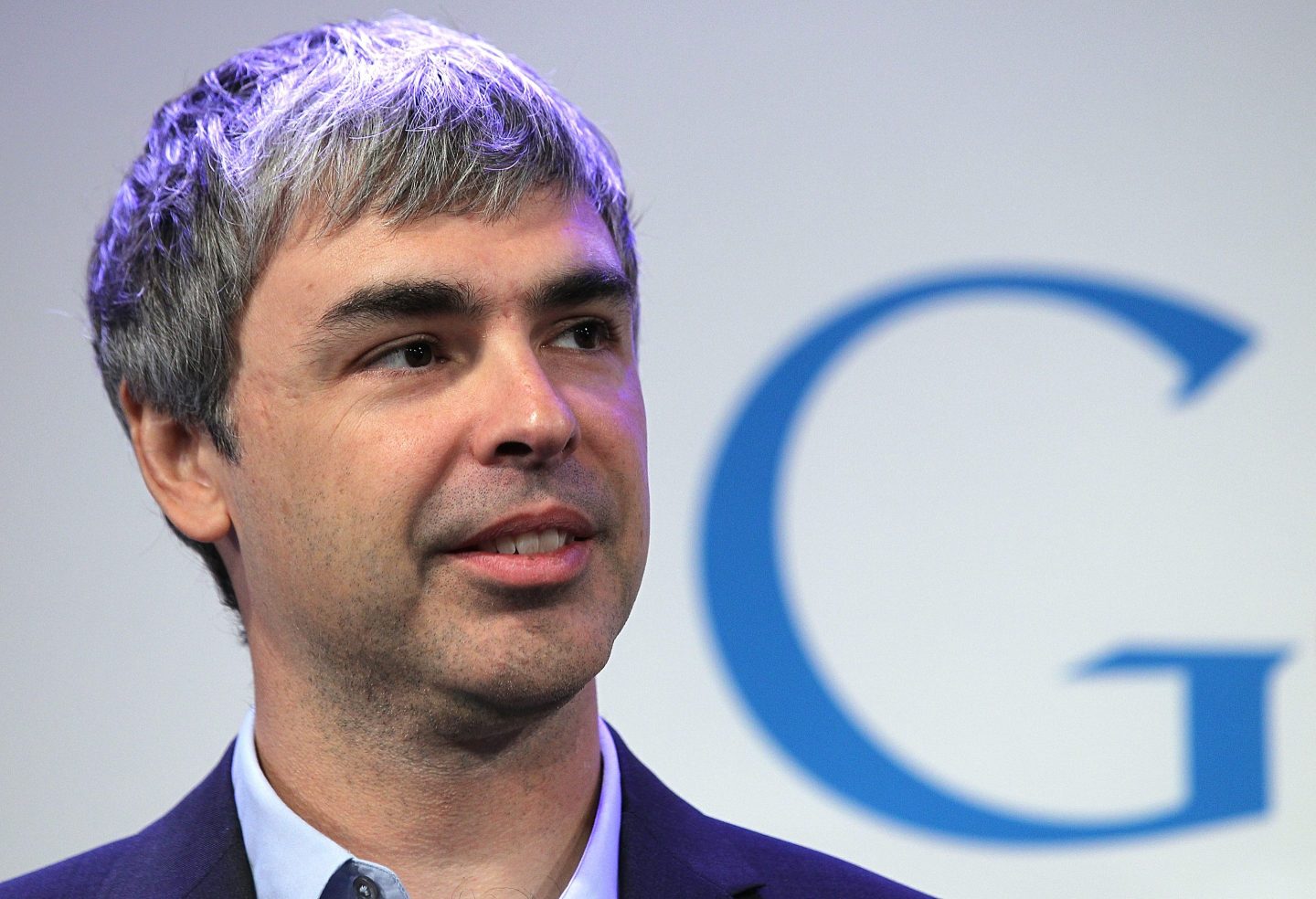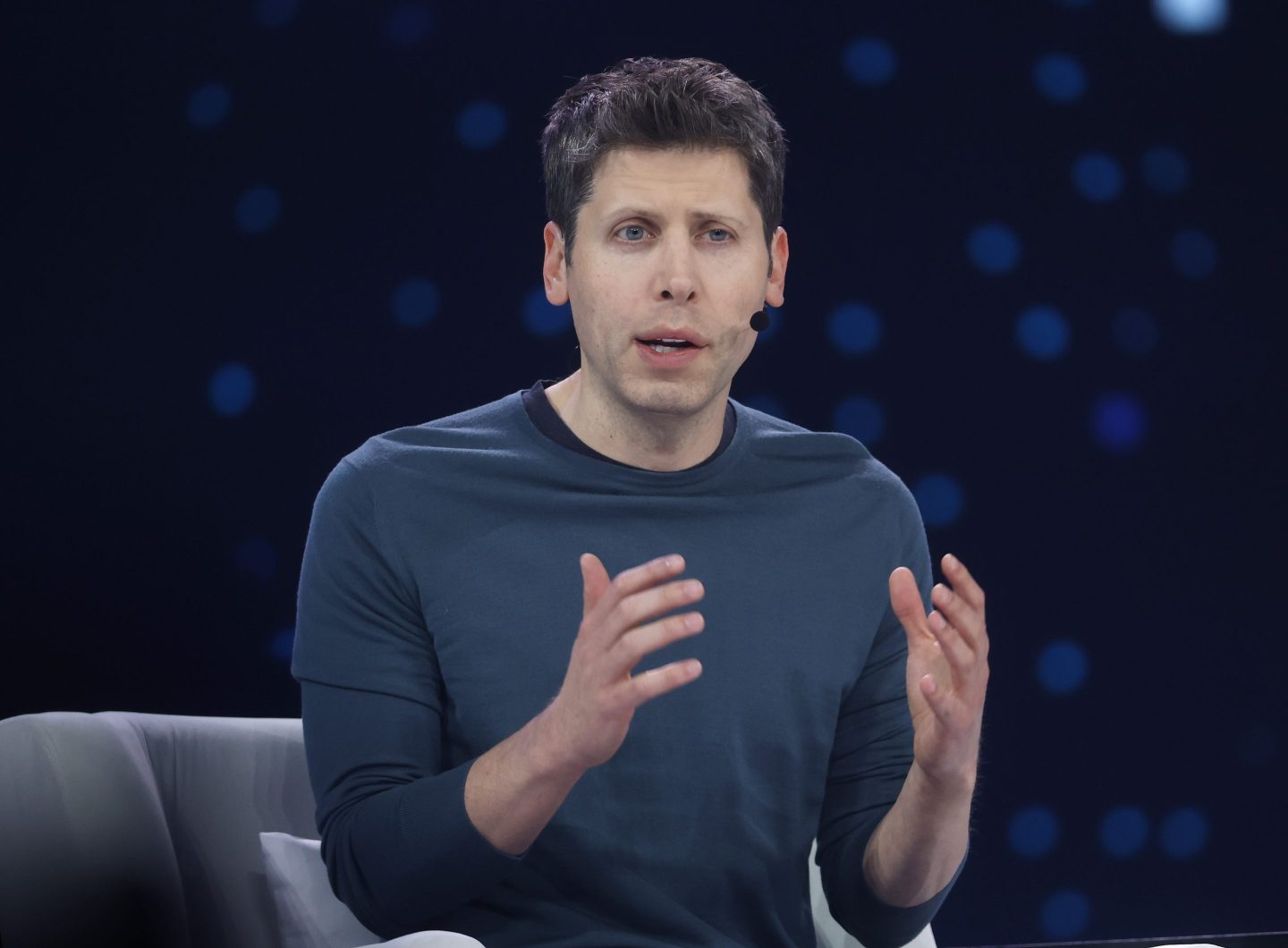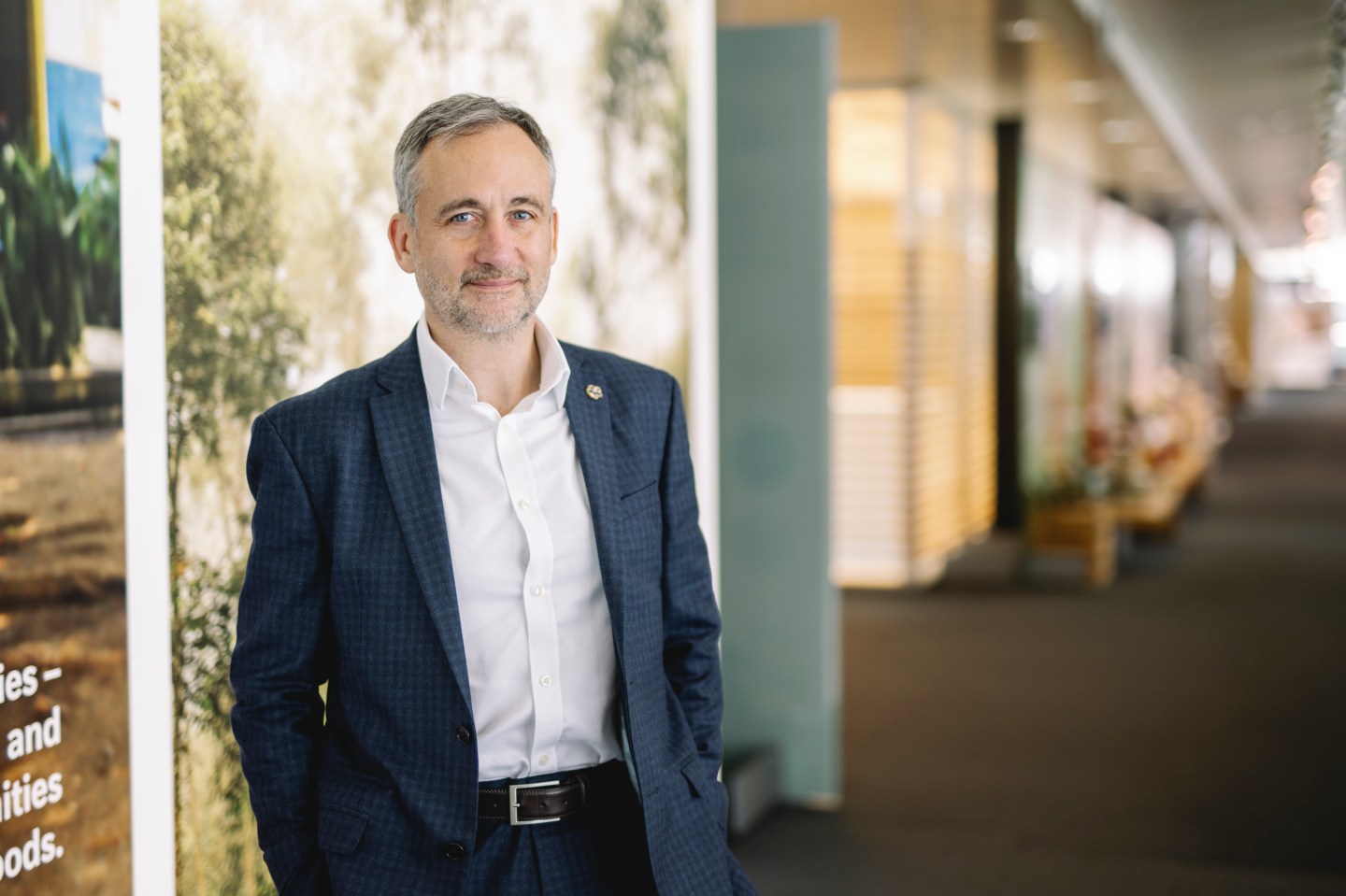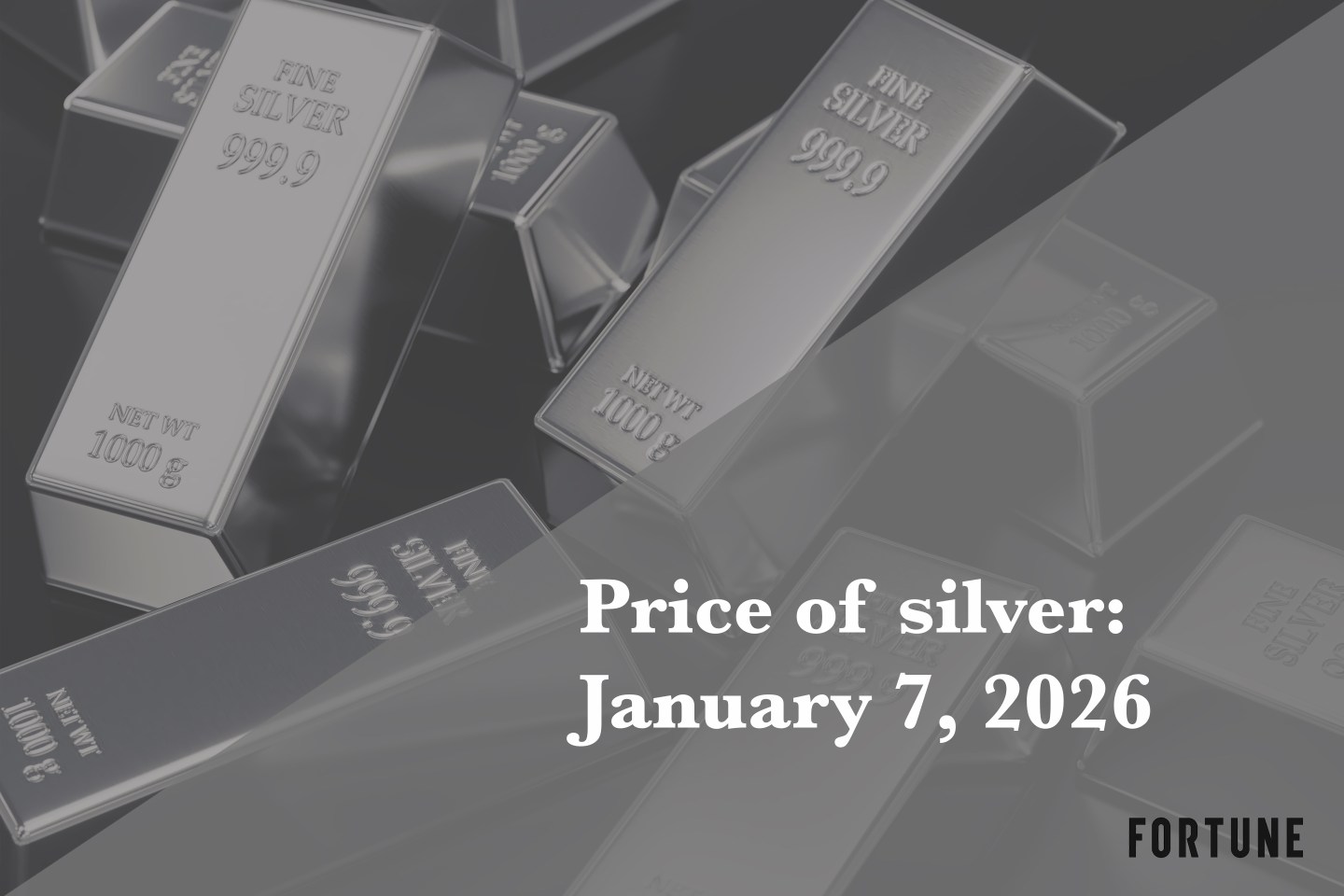“It’s a practical, down and dirty, fix the oil kind of science,” said Andy Grove. But nobody wants to do that kind of science. “Nobody gets promoted for writing a how-to manual,” he said, grumpily—in the way that only Andy could be grumpy.
The conversation was in 2005, and he was talking about how to stage and win the war on cancer. Andy, who died on Monday at the age of 79, understood the way cancer research worked, arguably, better than anyone. The long-time and visionary CEO of Intel had seen it as a patient, diagnosed with prostate cancer in 1994—and was quick to share the experience with Fortune’s audience two years later in one of most memorable cover stories in the magazine’s history. (If you haven’t read, “Taking on Prostate Cancer,” read it here. If you have read it, read it again.)
Said Andy: “I knew that I would have to begin my own careful investigation from scratch, which is what I did—comparing all the known data about various treatment outcomes on spreadsheets and charts. It is frightening to think that in a situation so life-threatening, in a subject you know nothing about, you will suddenly have to become expert yourself. But that is the case with cancer.”
He had seen it as a crusader and research funder, generously supporting numerous cancer-related programs at the University of California, San Francisco, and other places.
But mostly, he had seen it as engineer. And that’s what made him grumpier and more insightful than ever. “I don’t know that I can see ‘the’ problem,” he told one of us (the Fortune editor) in another interview. “I can see the variety of things that are wrong. I’m an engineer. My mentality is to go fix one problem and move to the next problem, fix that and move to the next, and so on.”
To the other one of us (the oncologist), he shared his frustration about the glaring problems in clinical medicine, the lack of communication and the absence of risk-taking. His last email to one of us (the oncologist) was a critique of the current state of cancer research. It said simply, “I guarantee that you will not like it. I hate to tell you, but that doesn’t bother me. What does bother me is nothing will change.”
To both of us, he repeatedly vented his annoyance at the agonizing sluggishness in which knowledge was transferred from one academic silo to the next, or emerged from the tar pits of an exhaustingly slow clinical trial, or languished in a multi-year NIH research project: “Communication techniques have stayed archaic” in cancer science, he’d fume. “About the only way people communicate is through email and PowerPoint presentations.” Or this: “In a research lab, the communication between people exponentially drops off with distance. You’ll talk to the people next door, but people will not go to the next building to talk to them.”
As an engineer, he understood the almost sinful chasm between thinking and doing—the deadly DMZ of inaction caught between “we need more research” on one side and “we can’t do anything without more funding” on the other. “If boat building was run by the health sciences,” he told us, “they would still be studying the basic equations of flow dynamics. The first boat would not be ready for another 15 years.”
“It’s like a Greek tragedy,” said Andy on a 2003 visit to Fortune. “Everybody plays his individual part to perfection, everybody does what’s right by his own life, and the total just doesn’t work.” That was the line that sent one of us (the Fortune editor) off on a nearly nine-year quest to write about the failed cancer war.
And it was the kind of thing that Andy would say to the other one (the oncologist), that would get him to rethink the way he practiced medicine—and approached his own research, to start to think like an engineer. His critiques changed this doctor’s life and his scientific direction.
The two of us met because of Andy, who offered us both a ride home one evening, handed both of us a beer (which we sheepishly took), then disappeared for the whole trip. We had just been at a cancer research meeting in Lake Tahoe that had convinced both of us how far off track the war on cancer had gotten. And we were now bound to a quest that Andy, our wise new mentor, had started for us. How exactly this had happened, in the course of an afternoon, wasn’t clear. But then, Andy was an engineer. He built things.
Clifton Leaf is Deputy Editor of Fortune and the author of The Truth in Small Doses: Why We’re Losing the War on Cancer and How to Win It. David B. Agus, M.D., is a Professor of Medicine and Engineering at the University of Southern California and author of The Lucky Years: How to Thrive in the Brave New World of Health.










